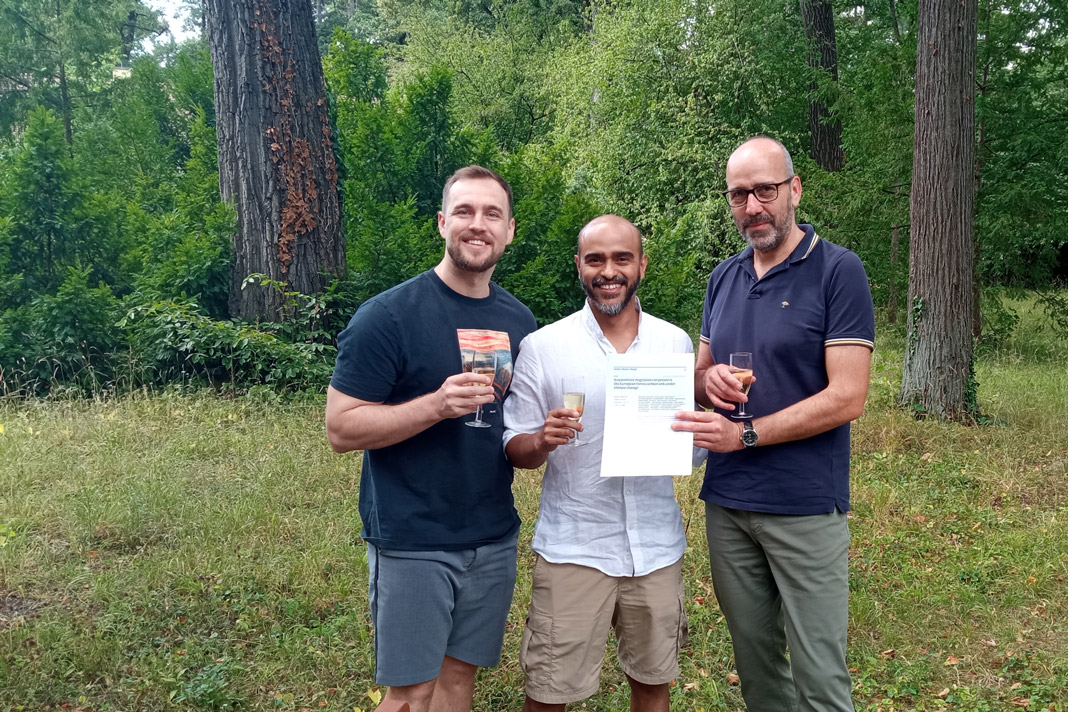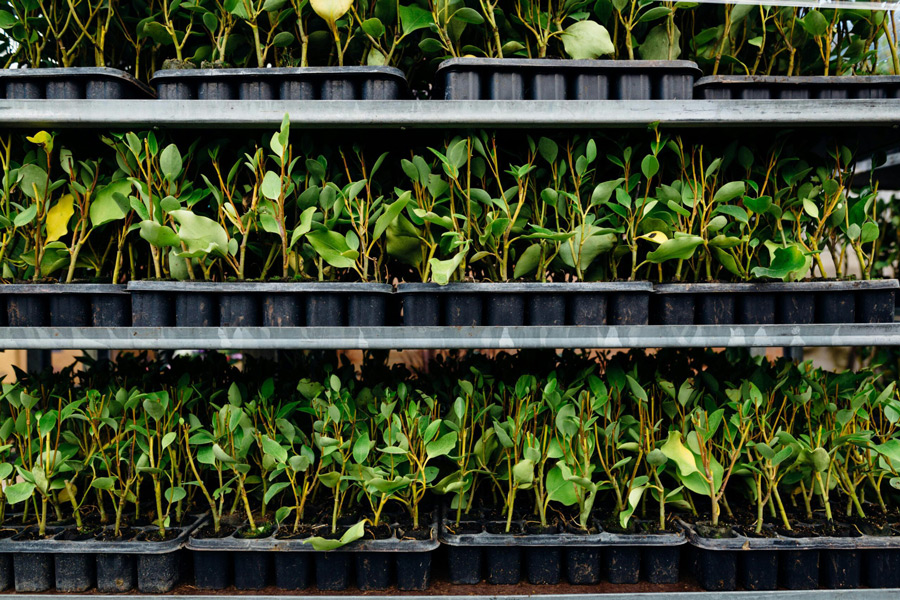Genomic Approaches in Plant Conservation
“Genomic Approaches in Plant Conservation” is the name of a Working Group that operates under COST Action CA18201 “Conserve Plants”, an Action that involves 165 scientists from 35 European countries.
In the realm of plant conservation, the genetics of conservation provide a fundamental cornerstone. It is clear that we are currently facing the transition from conservation genetics to conservation genomics. True to be told, though, while new studies are emerging, their results are still not being frequently incorporated into plant conservation. Such studies could have important management consequences for the conservation of natural genetic variation, such as: in situ protection of rare/threatened species/populations; selection of plant material for ex-situ conservation, assisted migration, and reintroduction/reinforcement of extant germplasm.
Indeed, the evolution from genetics to genomics is very timely for plants in elucidating the interplay between the accelerating climate change and plant adaptation. Conservation genomics will lead to the identification of genomic regions that may have undergone selection and are of adaptive significance (and therefore of particular importance for conservation), while improving the precision of genetic and demographic inferences.
So far, the Working Group has: (1) developed a collection of research papers that deal with the theoretical aspects of conservation genetics and genomics and their application in in situ and ex situ conservation, (2) produced the first draft of a review paper on the application of genomics in plant conservation, (3) conducted an International Training School on the use of genetic monitoring in in situ gene conservation, (4) investigated the level of the use of genetic analyses in a very large European ex situ plant collection, (5) assessed the value of perennial species provenance / progeny trials for ex situ conservation, and (6) participated in a large effort of the ConservePlants consortium to develop extensive model Conservation Practical Guidelines for different plant species, focusing on the only forest tree that has been included in this effort, which is Taxus baccata.
The Working Group “Genomic Approaches in Plant Conservation” is led by Phil Aravanopoulos (aravanop@auth.gr) and co-led by Marcin Klisz (M.Klisz@ibles.waw.pl).








